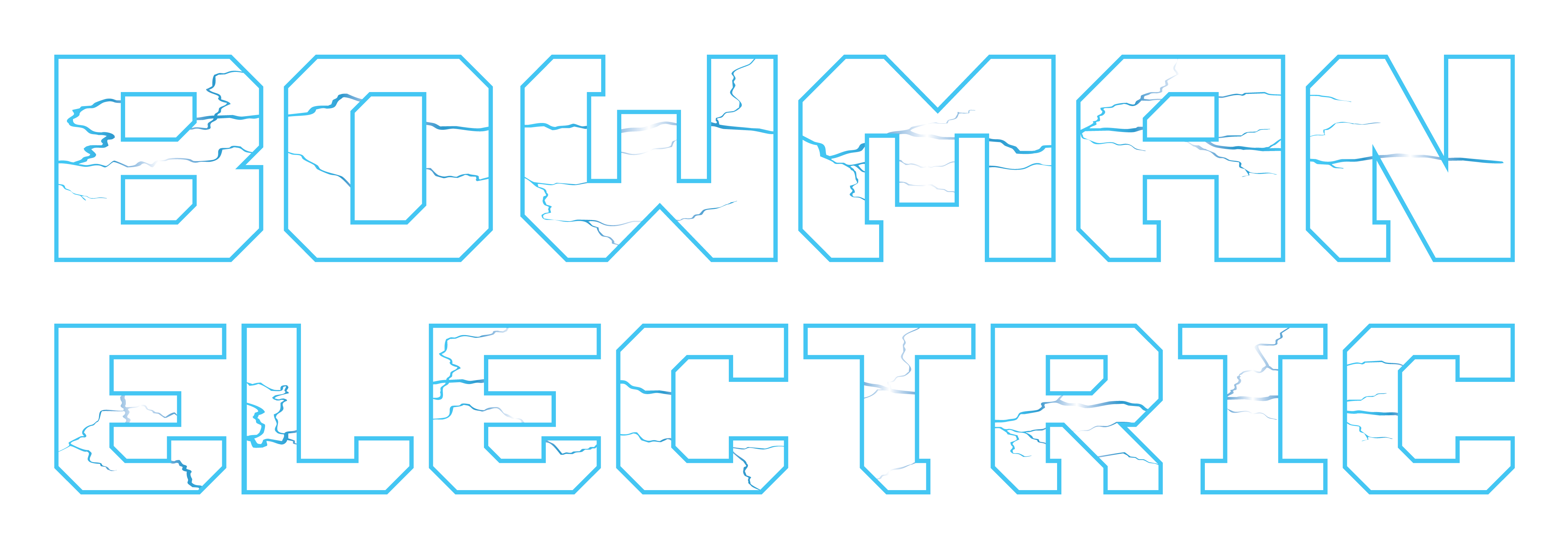Ensuring Safety at Home: The Vital Importance of an Emergency Electrical Plan
- Leanne Bowman
- Aug 28, 2023
- 2 min read

Introduction
In our modern world, where electricity powers almost everything, having a plan for electrical emergencies isn't just a good idea – it's essential. Unexpected events like storms, power surges, or accidents can disrupt your home's power supply, posing risks to your family's safety and your property. Having a well-thought-out emergency electrical plan, along with knowing how to quickly turn off the power if needed, can mean the difference between a minor inconvenience and a major crisis. This article highlights the significance of such a plan for homeowners and emphasizes the importance of understanding how to turn off power during emergencies.
Safeguarding Your Home's Electrical System
Your home's electrical system powers your daily life, from lighting and cooking to keeping your devices charged. However, this system can be vulnerable to various risks, including power outages due to weather, faulty wiring, or other unforeseen issues. These interruptions can disrupt your routines, damage appliances, and even create safety hazards. That's why having a well-prepared emergency electrical plan is crucial to mitigate these risks effectively.
Key Elements of Your Home Emergency Electrical Plan
Identify Risks: Start by considering the potential risks in your area. Are you prone to power outages due to storms, lightning, or other events? By understanding the risks, you can better prepare for them.
Emergency Supplies: Create an emergency kit containing essential items like flashlights, batteries, first aid supplies, and even a battery-operated radio. Make sure everyone in your household knows where this kit is located.
Family Communication: Establish a clear communication plan. Ensure that all family members know how to contact each other in case of power loss and have a designated meeting spot if needed.
Backup Power: Consider investing in backup power sources, such as generators (portable or whole home) or power banks, to keep essential devices charged during outages.
Knowing Your Electrical Panel: One of the most critical aspects of your plan is understanding your home's electrical panel. This knowledge empowers you to turn off power in case of emergencies, which can prevent potential hazards.
The Importance of Knowing How to Turn Off Power
Knowing how to safely shut off power to your home is a skill that can make a significant difference during emergencies. Here's why this knowledge matters:
Fire Prevention: If you notice any electrical issues like sparks or unusual heat, being able to cut off power swiftly can prevent a minor problem from escalating into a dangerous fire.
Family Safety: During storms or other emergencies, turning off power minimizes the risk of electrical shocks and keeps your loved ones safe.
Preventing Appliance Damage: Power surges can damage appliances when the electricity is restored. Turning off power during outages can safeguard your devices.
Emergency Response: If you need to perform quick fixes like addressing a water leak near electrical outlets, knowing how to turn off power ensures your safety while resolving the issue.
Conclusion
As a homeowner, preparing for electrical emergencies is a responsibility that shouldn't be overlooked. An emergency electrical plan, along with the ability to turn off power when necessary, equips you to protect your family, your property, and your peace of mind. By taking these precautions, you demonstrate your commitment to keeping your home a safe and secure haven. Remember, a little preparation today can save you from major troubles tomorrow.




